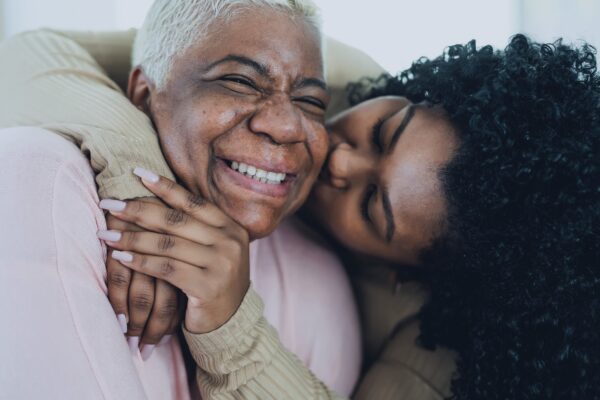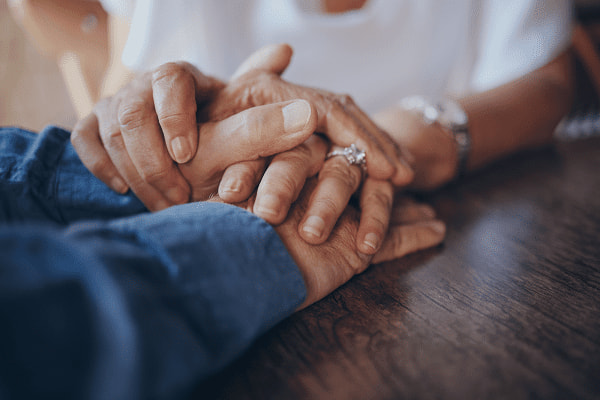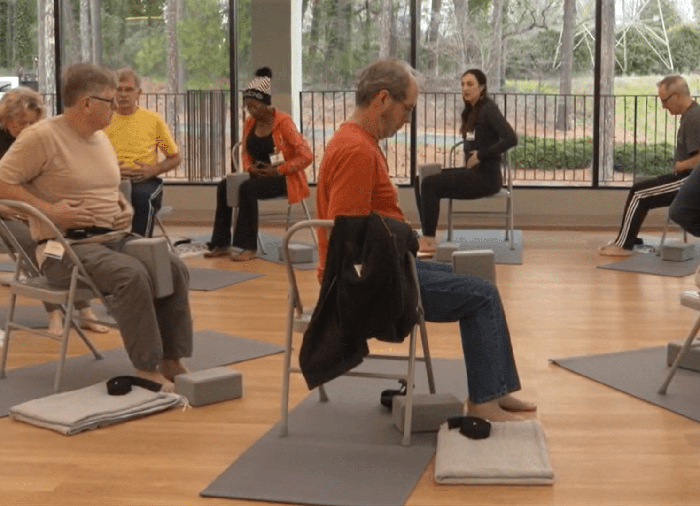When Shaw Skillings’ wife received an Alzheimer’s disease diagnosis in 2019, his head was spinning. Babs, then 77 years old, had been experiencing serious memory problems. By 2021, it wasn’t safe for her to drive. She couldn’t knit hats for preemie babies at a local hospital, something she had done for over 10 years. Always social, Babs struggled to remember names and follow conversations.
Babs continued to decline until she was often confused and agitated, especially in the evenings. Shaw’s attempts to help often added to her frustration and created tension between them.
“I was doom and gloom for a long time after the diagnosis,” says Shaw, who lives in Roswell, Georgia, with Babs. “It seemed to me life was just a straight line down.”
“Still Good Days Ahead”
In 2021, Shaw brought Babs to Emory Healthcare’s Cognitive Neurology Program for an assessment. That’s when he experienced something he hadn’t felt for a while: hope.
Shaw and Babs met with the team, which includes physicians, nurse practitioners, nurses, neuropsychologists and clinical social workers. In addition to providing information about Babs’ diagnosis and care options, they talked to Shaw about his day-to-day challenges as his wife’s primary caregiver. They also encouraged him to take the six-week “Savvy Caregiver®” training course, which teaches vital skills and techniques to improve the quality of life for caregivers and people with dementia.
“The course opened my eyes to what Babs was going through and what she needed from me,” says Shaw. “I learned so much—why I need to care for myself, what to say when she gets upset and how to keep her active and having fun. Two years later, I can honestly say we both have joy in our lives. There are still good days ahead.”








